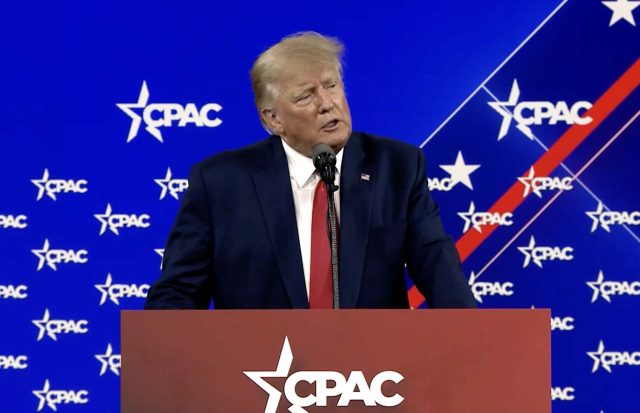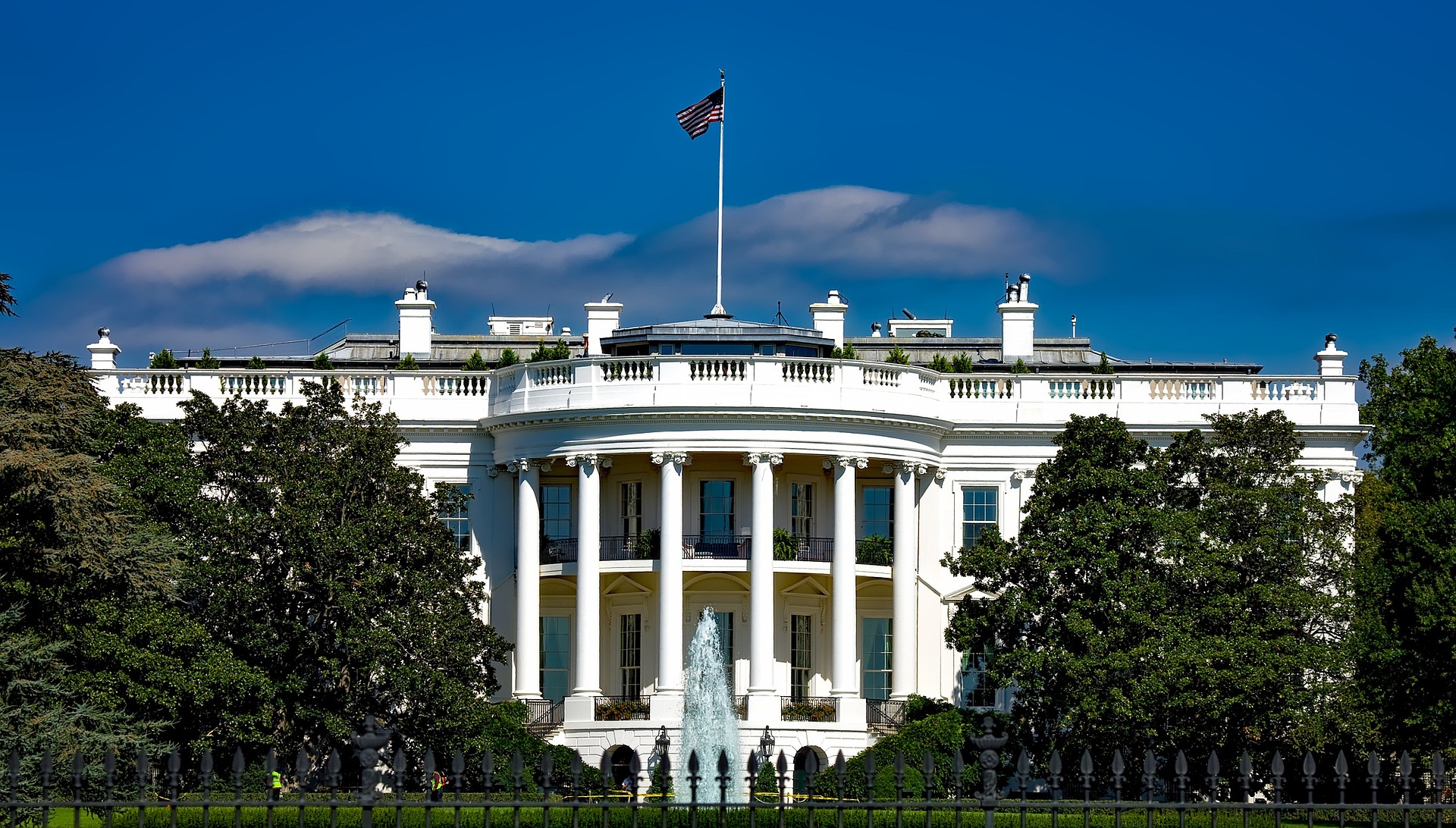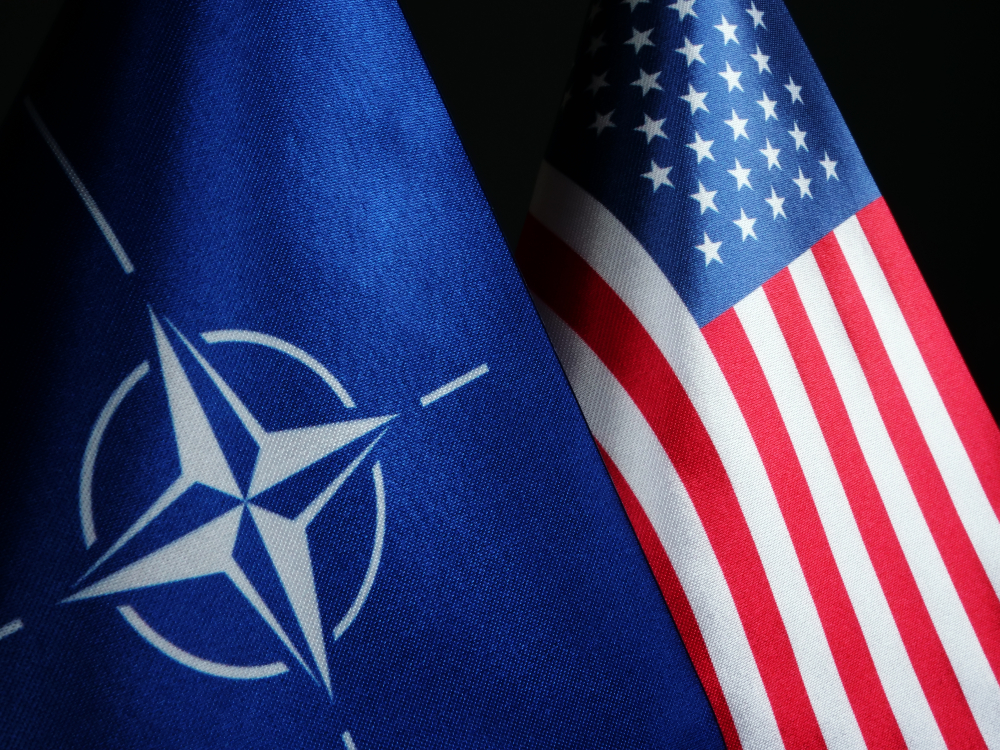
On the 5th of November, the whole planet was watching the US elections in the closest election battle in the country’s history. Before the polls opened, opinion polls showed the two candidates, Kamala Harris (incumbent vice president) and Donald Trump (former president from 2016-2020), in a dead heat, with no one predicting a clear victory for either. Harris entered the race as the Democrats’ candidate for the presidential election in August, replacing Joe Biden who was labeled as having no chance against Trump. Americans voted fully aware of who Trump is and what he stands for. According to the election results, it seems that even Harris failed to convince the Americans and Donald Trump was elected the 47th president of the most powerful country in the world. The massive victory of Donald Trump and the Republican Party in the US elections represents not only major political changes, but also a decisive rejection by the American electorate of traditional liberalism and the way it has evolved since the 1980s.
This month’s Republican victory also has a historic connotation. Donald Trump has reached two non-consecutive terms, the second president (and the first Republican) to achieve the feat. The first candidate in US history to achieve two non-consecutive terms as president 131 years ago was Democrat Grover Cleveland. Until Trump’s re-election earlier this month, the only case in US history where a president was elected twice, but not consecutively, was Cleveland who served his first term from 1885 -1889 and his second term from 1893-1897. Thus Cleveland was counted twice in the history of presidents being the 22nd and 24th US president respectively. Donald Trump, the 47th President of the United States, won not only the majority of the great electors but also the popular vote. For the Republican Party this represents a first in the last two decades.
“Success will unite us and we will begin to put America first. I will not let you down,” Trump said in his first speech after his victory.
Elections and propaganda
Propaganda has been a worldwide phenomenon for the last decades and has characterized election campaigns in many countries around the world, including this last election campaign in the USA. This phenomenon of propaganda has been common in the past, particularly under communism, and the most recent example we can give is the European Parliament elections this summer. When referring to US propaganda, it is easy to see that for months the press across the Atlantic has been promoting a pro-Kamala trend. This information in support of the Democratic candidate, provided in the public domain by the American press, has crossed the ocean and has been picked up by the main European publications. Well, on a daily basis, European citizens were flooded with news in which Harris represented good and Trump was the embodiment of evil.
On election day, however, the best barometer of the next US president was not the American press via the major newspapers and TV stations, but the bookmakers. Before the start of the election Trump had odds of victory of 1.50-1.60, while Harris was quoted at 2.30-2.50. In other words the bookmakers had Trump winning from the start. Those who were interested in following the live betting section could see the two candidates’ odds oscillating. Thus, while the press was reporting on TV that America was being marked by the closest election in history, after Trump had passed the first hundred electors, his odds dropped to 1.30. Throughout the election the bookmakers, whose money was on the line, proved more serious than CNN. Thus, while the press was claiming that we were witnessing a very balanced election and that who would win Pennsylvania would decide the election, the bookmakers were giving the Republicans and Trump the triumph in that state. While CNN was showing Kamala Harris leading with 75 then 65 percent of the votes, bookmakers were betting on a Republican victory giving the Republicans odds of 1.20 while the Democrats’ odds were 6-7.It later turned out that the bookmakers were right, with the Republicans winning the state of Pennsylvania.

Kamala Harris admitted defeat the next day when she called Trump to congratulate him on his presidential election victory. In her phone conversation with Trump, the incumbent US vice president spoke to the incoming president about the importance of a peaceful transfer of power and advised the next president to be a president for all Americans.
The European Union and the conflict in Ukraine in the context of Trump’s victory
Europe will need a new strategy on the conflict in Ukraine after the Republican victory in the US presidential election. Many experts have argued that Trump’s re-election will create difficulties for the European Union and NATO in their relations with the US as both organizations have to deal with the difficulties brought by Russia’s aggression against Ukraine. Even before Donald Trump’s victory was officially confirmed, European officials sent him congratulatory messages. European Commission President Ursula von der Leyen in her message urged Trump to work with her on a “transatlantic partnership”, referring to the “tariff war” that existed between the EU and the US during Trump’s first term in office. Ursula von der Leyen also emphasized that the EU and the US are “more than allies”. It is known that Ursula von der Leyen’s team has been expecting a Trump victory for months. To this end, lists have been drawn up of US products exported to Europe to target with tariffs if Trump imposes punitive tariffs on US goods imported from the EU.
“I warmly congratulate Donald J. Trump. The EU and the US are more than just allies. We are bound by a true partnership between our peoples that unites 800 million citizens, so let’s work together on a strong transatlantic agenda that will continue to benefit them,” Ursula von der Leyen wrote on X.
Mark Rutte, who took office last month as head of NATO, told Trump that his leadership would be “essential” to keep the “alliance strong”. Trump’s statements during the election campaign gave European leaders the creeps. Trump “threatened” that the US would not help, contrary to Article 5 of the North Atlantic Treaty, those who do not allocate sufficient defense funds, even if they were in difficulty. It is a known fact that two-thirds of NATO member states currently spend at least 2% of their GDP on defense, and defense spending and production is on an upward trajectory.
“His leadership will again be essential to keep our Alliance strong. I look forward to working with him again to promote peace through strength through NATO” – Mark Rutte wrote on X.

“President-elect Trump has demonstrated strong U.S. leadership during his first term in office – a term that has reversed the trend on European defense spending, improved transatlantic burden sharing, and strengthened Alliance capabilities. When President-elect Trump takes office again on the 20th of January, he will be greeted by a stronger, bigger and more united Alliance. We face a growing number of global challenges, from a more aggressive Russia, to terrorism, to strategic competition with China, as well as the growing alliance of China, Russia, North Korea and Iran. Working together through NATO helps to deter aggression, protect our collective security and support our economies,” NATO representatives said in a press release published on its official website.
In the context of the US presidential election, won by Donald Trump, China, through Chinese Foreign Ministry spokeswoman Mao Ning, has announced that it wants “peaceful coexistence” with the United States. However in recent times China has carried out several military activities near Taiwan creating tensions in the Pacific.
“China’s policy towards the US is consistent and clear. We view and manage our relations with the US in accordance with the principles of mutual respect, peaceful coexistence and mutually beneficial cooperation,” Chinese Foreign Ministry spokeswoman Mao Ning said the day after the election.
Regarding the conflict in Ukraine, Trump’s victory could mark the end of US military aid to Ukraine. Trump has widely criticized the extent of US military and financial aid to Kiev. At the same time, experts expect that Trump will try to pressure Volodimir Zelensky to negotiate a peace deal with the president of the Russian Federation, even if the terms are currently more favorable to Moscow. Trump admitted, however, that he has not yet discussed anything with Vladimir Putin, but is sure he will do so soon. Trump also said in September that he would negotiate a deal that is good for both sides. By contrast, the Kiev leader, among the first to call and congratulate Trump after he announced his victory, said recently in Budapest that he was not aware of any details of President Donald Trump’s plan to quickly end the war in Ukraine. Zelensky believes that Trump genuinely wants to end the war with Russia quickly, but claims that he has not discussed any concrete plan with him.
“If it’s just going to be quick (ed. ending the war), it means losses for Ukraine. I just don’t understand, yet, how it could be any other way. Maybe we don’t know something, we don’t see,” Volodimir Zelensky said.
Donald Trump will take office on the 20th of January, becoming the 47th president in US history and the 20th Republican to lead the White House.



 Subscribe
Subscribe